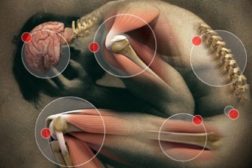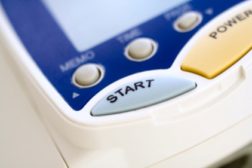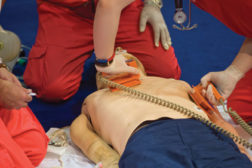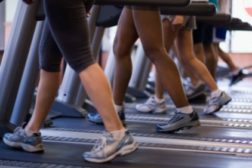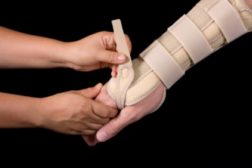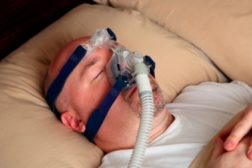Workplace Health
PureSafety conference to feature national experts on health and safety
Top thought leaders will share best practices and discuss issues including injury prevention and the evolving regulatory and compliance environment
August 25, 2011
Never miss the latest news and trends driving the safety industry
eNewsletter | Website | eMagazine
JOIN TODAYCopyright ©2024. All Rights Reserved BNP Media.
Design, CMS, Hosting & Web Development :: ePublishing
